Search Results
Showing results 1 to 13 of 13
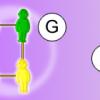
Yummy Gummy Double Helix
Source Institutions
In this activity, learners make their own edible DNA double helix out of candy and find out about the shape of DNA.
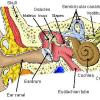
Model Eardrum
Source Institutions
In this activity (last activity on the page), learners make a model of the eardrum (also called the "tympanic membrane") and see how sound travels through the air.
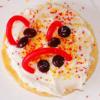
Edible Model of the Sun
Source Institutions
In this activity, learners make "solar cookies," edible models of the Sun's outer layers using sugar cookies and toppings.

Marshmallow Models
Source Institutions
No glue is needed for learners of any age to become marshmallow architects or engineers.
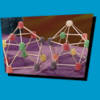
Gumdrop Dome
Source Institutions
In this engineering activity, learners construct sturdy geodesic structures out of gumdrops and toothpicks. Use this activity to explore engineering principles as well as sturdy shapes and triangles.

The Thousand-Yard Model
Source Institutions
This is a classic exercise for visualizing the scale of the Solar System.
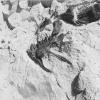
Fossil Dig Site
Source Institutions
In this activity (located on page 5 of PDF), learners work in groups to create dig sites for display.
Build a Super Structure
Source Institutions
In this activity, learners use things from the kitchen as building materials to explore how shapes contribute to the strength of different structures.
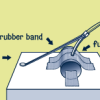
Target Practice
Source Institutions
In this dynamic activity, learners build a catapult that launches projectiles, such as marshmallows.
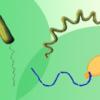
Balloon Bugs
Source Institutions
In this activity, learners make balloon models of disease-causing bacteria.
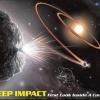
Make a Comet Model and Eat It!
Source Institutions
In this activity, learners build models of comets, using edible materials, to learn about comets' structure.
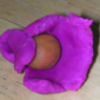
Atoms and Matter (K-2)
Source Institutions
In this activity, learners explore atoms as the smallest building blocks of matter. With adult help, learners start by dividing play dough in half, over and over again.
Making An Impact!
Source Institutions
In this activity (on page 14 of PDF), learners use a pan full of flour and some rocks to create a moonscape.
